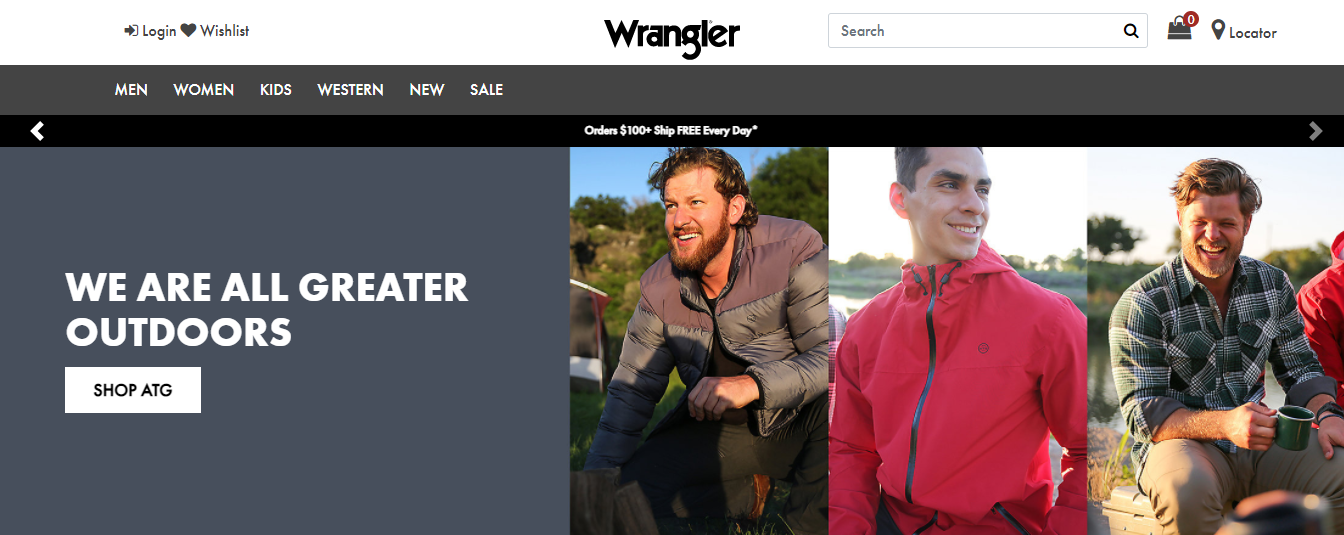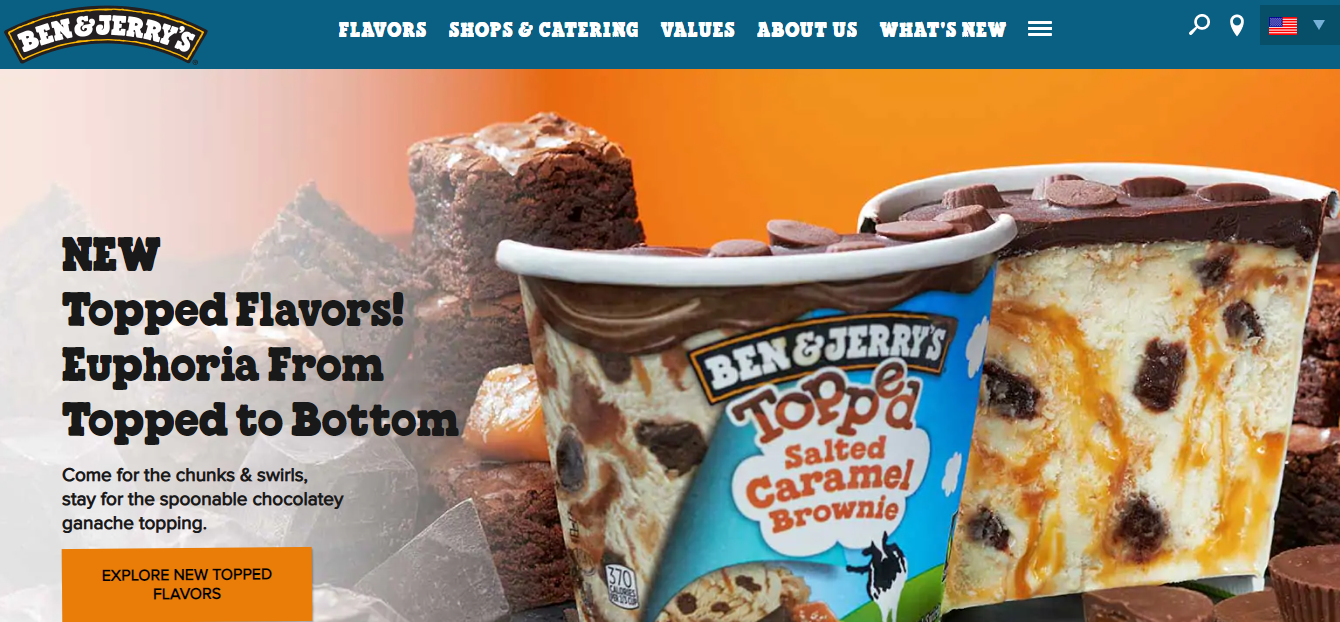A national brand is the brand of a product manufactured and spread nationwide using a brand name and owned by this company. It brings companies brand recognition, customer loyalty, and high revenue.
Advantages and Disadvantages of National Brands
National brands are considered superior to private labels because they have brand recognition and high revenue. National brands have the following advantages:
- reduced marketing expenses because the brand already has wide recognition;
- a high level of customer loyalty;
- a high level of visibility so consumers can recognize the brand on the shelves of stores;
- high customer trust;
- nationwide distribution;
- promotion on television;
- people are more likely to repeat their purchases if they like the products.
Nevertheless, like any other brand, it has its cons too. There are several disadvantages to consider:
- high costs for start-up companies;
- decreased profit margin if the prices are too high for customers;
- no exclusive marketing rights.
Now that you know the advantages and disadvantages of national brands, let’s review in more detail national brands and private labels.
National Brand vs Private Label
Years ago it was easy to find products with private labeling on the shelves of grocery stores. When national brands had colorful packages and words describing the high-quality of the products, private label products were considered “generic” without having special packaging or branding. That’s why consumers at that time assumed that a private label was inferior to its competitor — national brand. However, times have changed.
Nowadays more and more retailers invest in their private labels to differentiate themselves from other brands and develop customer loyalty. Hence, product manufacturers should understand the difference between the both types of products, their pros and cons to select the most appropriate for them.
National Brand
A national brand can be defined as a brand of a well-established product. This company has a name that people love and trust and although the price of such products is usually higher, consumers still don’t stop buying them. You can find national brands everywhere. Let’s take Breyers, for example. The company is famous for its tasty ice cream and frozen dairy desserts made with the best quality ingredients and can be found in the freezer section in any store.
Customers choose national brands because they are considered to be more reliable and familiar, and, of course, their products have higher quality. To become a national brand a company needs years of growth and success in the industry. However, all national brands begin from small companies and only a handful of corporations become recognizable and gain the trust and love of their consumers.
You can buy products from national brands nationwide. Therefore, to deliver products anywhere in the country, such brands have numerous manufacturing centers and distribution channels. Besides, national brands tend to use media advertising extensively to create and maintain brand awareness among their prospects and customers. This also helps them to be the most recognizable brand. You can find examples of national brands in your everyday life: fast food, clothing, laptops, foods, etc.
Private Label
In 2016, Amazon began to provide its customers with fashion and clothing accessories under its private labels. Now Amazon owns the ten most successful private label brands. This event improved the situation with private labeling and gave an idea to retailers to follow the same procedure.
A private label product can be defined as a product that a retailer obtains from a third-party manufacturer and distributes it under its brand name. Retailers mention what goes in it, the details about the product's package, and the label. According to Statista, the market share of private label brands in the US was 19.3% in 2018. Private labeling brings the following pros to your business:
- eliminated additional costs as you don’t need to spend resources on a premium brand name and costly marketing campaigns;
- improved manufacturing process that results in higher customer loyalty;
- steady sales due to the lower prices.
Yet business can't do without risks. By investing in a brand's design and its packaging, private label owners risk losing their investment costs in the event of a product failure. Besides, this type of brand can suffer from the lack of customers’ trust and recognition that national brands have. Despite the risks, private label products are more and more popular due to consistency and affordability.
Now you know the distinctive features of these two brand types, so let’s walk you through the examples. They’ll help you identify national brands among those that you often meet in your everyday life.
Examples of National Brands
- Wrangler
- Ben & Jerry's
- Levi Strauss & Co.
To see what is meant by a national brand, check out these great examples from different world-known brands.
Wrangler
The company founded in 1904 is famous for its clothing, particularly workwear. The brand created in the US is especially appreciated for its jeans. Customers choose Wrangel because of their western clothing and comfortable jeans.

Ben & Jerry's
The brand established in 1978 is known for its ice cream and frozen yogurt. Consumers know firsthand about their great ice cream and social missions. Founded in the US, the company was later bought by the world-known multinational company Unilever. Today, the world has over 5,000 of their ice cream shops in thirty countries.

Levi Strauss & Co.
The company founded in 1853 in the US is famous internationally for its denim jeans. The brand manufactures not only jeans but also jackets, T-shirts, shirts, skirts, belts for men, women, and children. Levi’s is considered to be one of the biggest apparel companies in the world and a leader in the production of jeans. Their products are now available for customers in 110 countries.

In today’s world customers still trust national brands more because they are recognizable, memorable, trusted, and proven over the years. People are willing to pay more for quality and recognition. However, private labels that provide consumers with a lower-cost alternative albeit slowly but gain popularity now.
Resources:
- The article “Brands Versus Private Labels: Fighting to Win” describes the advantages and disadvantages of national brands and private labels.
- The article “4 Benefits of Private Labeling for Your Brand” explains the term and provides readers with the benefits of private labels.
Last Updated: 22.03.2023

or